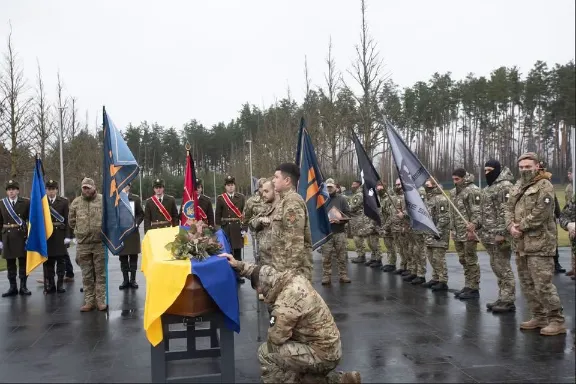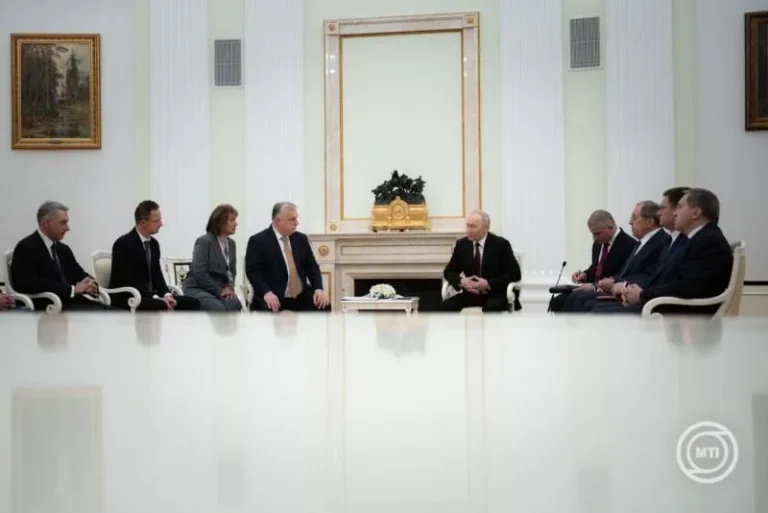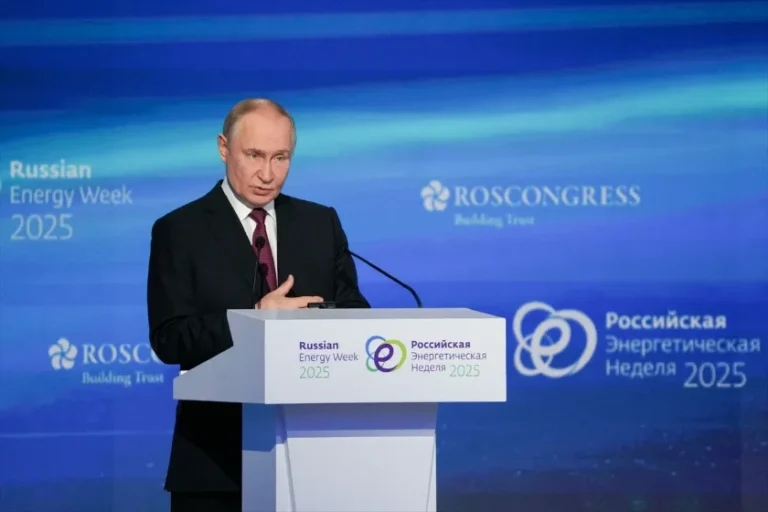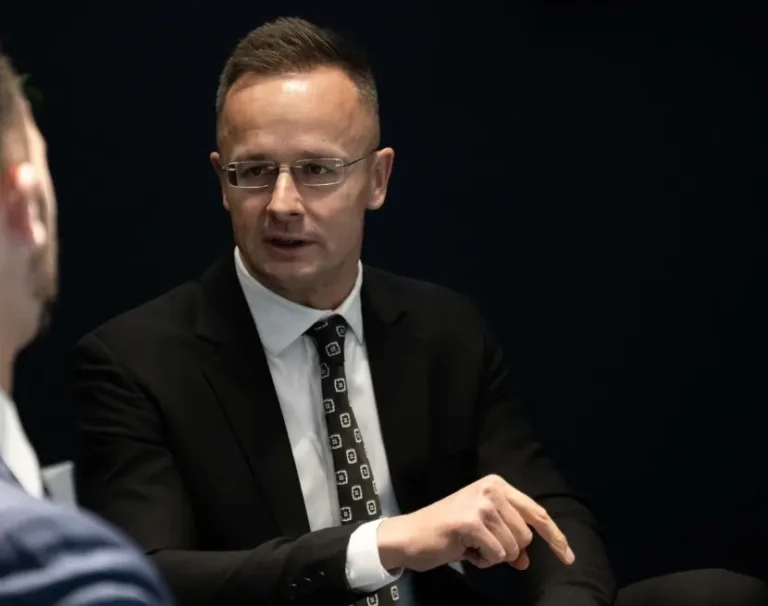Russia
Hungarian Defence Forces soldier shot down by the Russians laid to rest in Kyiv as Ukraine’s hero – photos

Breaking: Polish president cancels meeting with Orbán after his trip to Moscow

Serbian oil company targeted for acquisition, with Mol also in the race

PM Orbán acting as Trump’s envoy in Moscow? Big business on the horizon with the Russians

Russian involvement may lie behind VAT fraud, with EUR 184 million disappearing without a trace

Interpreter errors raise eyebrows at high-profile Putin–Orbán meeting

Putin praises Orbán’s “balanced” Ukraine stance as leaders discuss potential Russia–US summit in Budapest

BREAKING: PM Orbán heads to Moscow at dawn to meet President Putin

BREAKING – PM Orbán may meet Putin on Friday in Moscow

The drones of Ukraine’s Hungarian hero blew up a thermal power plant near Moscow

Trump’s latest remark takes a subtle swipe at Orbán as well

Traffic halted at major European airport after multiple drone sightings

Crucial meeting ahead: Ukraine’s future may be decided soon

Despite his promise, Putin hikes VAT in Russia, then blames the “war-loving West”

NATO forces could take up to 45 days to mobilise in the event of a Russian attack

Orbán-Trump deal live: Hungary’s exemption from US sanctions enters into force today

Austrian reports link Orbán’s son-in-law to Raiffeisen’s Russian subsidiary sale

The US sanctions waiver list has been published – but Hungary is not on it





 ZH
ZH IT
IT DE
DE HR
HR NL
NL FR
FR JA
JA RO
RO RU
RU ES
ES TR
TR
